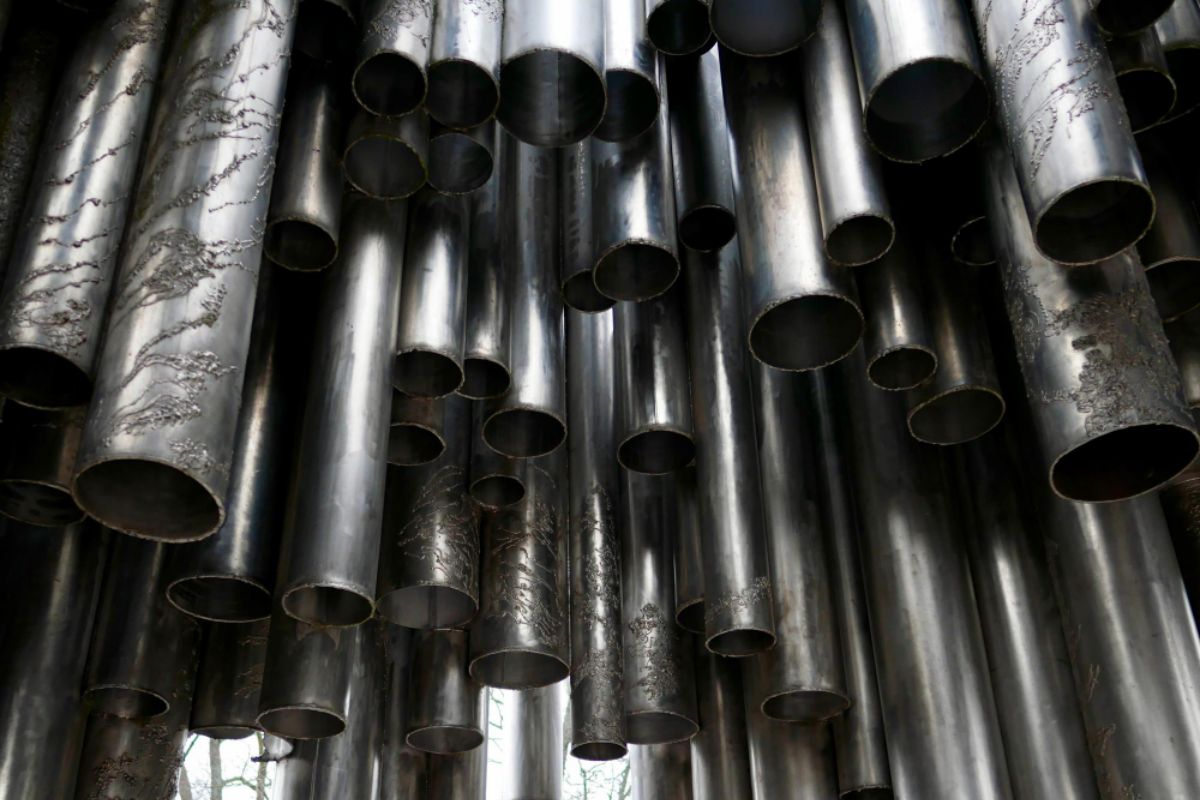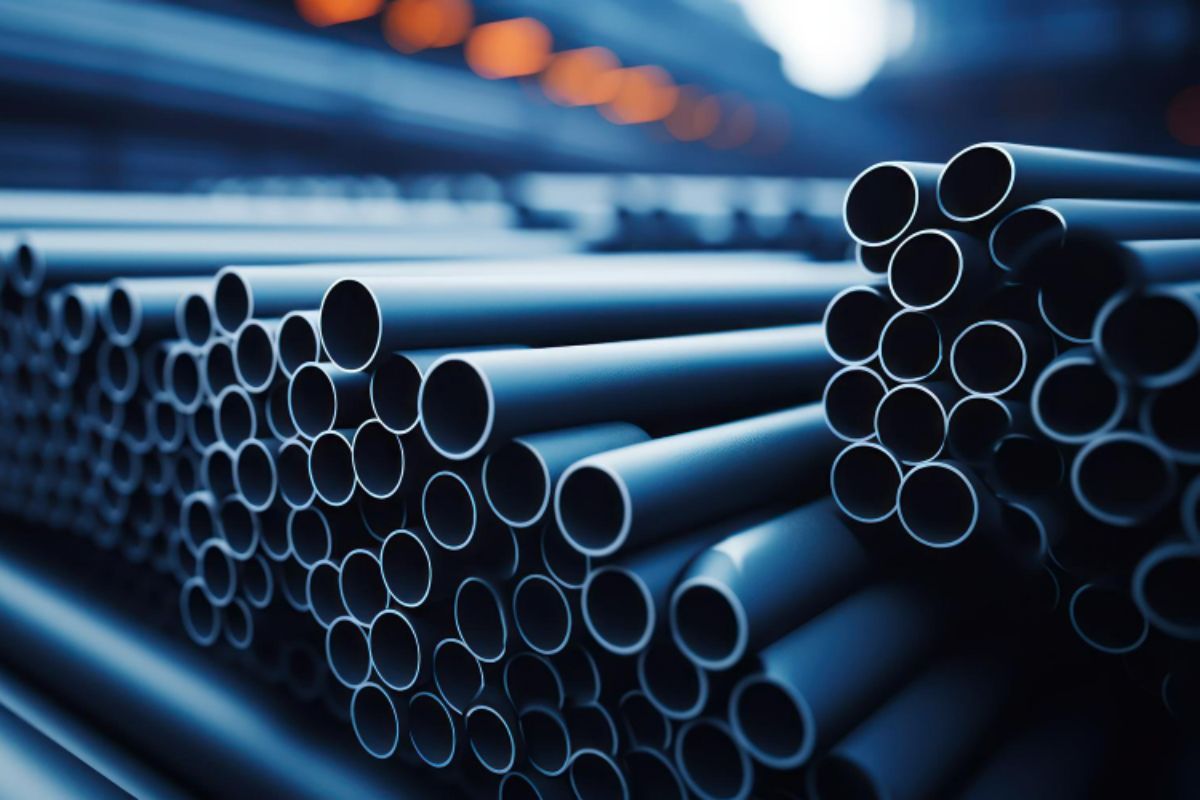
Understanding Steel Pipes: What is PNS 26?
Overview
- This article delves into PNS 26, the Philippine National Standard for steel pipes, emphasizing its role in ensuring quality, safety, and reliability across various applications.
- It highlights the standard’s focus on manufacturing requirements, dimensions, and performance of steel pipes used in industries like water supply, oil and gas, construction, and industrial operations.
- By understanding and adhering to PNS 26, stakeholders can guarantee their projects meet the highest standards of excellence.
Supreme Steel Pipe Corp. is committed to providing compliant, durable, and high-quality pipes.
Understanding the standards and specifications of steel pipes is pivotal to ensuring quality, safety, and reliability in various applications. One such standard is PNS 26, the Philippine National Standard for steel pipes. It focuses on the requirements for the manufacture, dimensions, and performance of pipes used.
This article highlights what is PNS 26, exploring its significance and impact on the industry. Stakeholders can make informed decisions, guaranteeing their projects adhere to the highest standards of excellence. Read on to learn more.
What is PNS 26 Used for?

PNS 26 is designated for black iron and hot-dipped zinc-coated galvanized iron pipes. Pipes in this classification are not suited for close coiling or hot temperature service since their materials and treatment are meant to be performed under lower-stress piping applications.
This standard ensures that steel pipes meet specific criteria for quality, durability, and performance, making them suitable for various applications such as water supply systems, oil and gas transportation, construction, and industrial uses.
By adhering to PNS 26, manufacturers and end-users can ensure that their steel pipes comply with national standards, promoting safety, reliability, and consistency across different projects and industries.
While there are some similarities between these two pipes, their manufacturing processes and applications vary.
Black Iron Pipes
Black iron pipes are made either by pushing the edges together and sealing with a weld or by stretching the steel out into a seamless tube. Known for its darker appearance—thanks to the iron oxide formed during the manufacturing process—BI is easily recognizable when used.
It is used in transporting natural and propane gas. Its more fire-resistant nature makes it an ideal material for fire sprinkler systems. However, they could corrode easily when exposed to water due to the lack of a protective coating. Unlike galvanized iron pipes, which are coated with zinc to prevent rust, these pipes are untreated and uncoated. When exposed to moisture, their iron reacts with oxygen in the air to form iron oxide or rust.
Galvanized Iron Pipes
The production of galvanized iron pipes involves the strip of iron going through molten zinc. Due to their galvanization process, they appear silvery-white. The zinc coating also gives it a smoother finish when painted.
They have a long history of being the favored material to transport water to supply infrastructures. It’s due to the fact they are resistant to corrosion and durable, which can last for 40 to 50 years. They are utilized for outdoor railings, frames for scaffolding, and road signage.
Importance of Steel Grades in Pipes
Steel grades provide a universal language for trading and using steel pipes. It determines which pipe should be used in a system or project. It is also used to know the properties of the pipes you’re about to use, such as their strength, resistance to corrosion, ductility, and machinability.
They can identify the steel pipes’ performance, whether they can withstand the expected loads, environment, and manufacturing processes. Moreover, they ensure the safety and reliability of the pipes and the people operating and using their piping systems.
Since they are used in a variety of sectors and industries ranging from construction and machinery to gas and oil, operators, suppliers, and buyers must know a pipe’s grade before they purchase one.
Why Get Your Steel Pipes from Supreme Steel Pipe Corp.?

We recognize the importance of adhering to industry regulations. That is why we not only offer high-quality, durable pipes but also strictly comply with the Philippine National Standards (PNS) in the distribution of our products.
Our compliance ensures that we provide only the finest, standard-approved pipes in the Philippines. With our dedication to excellence and innovation, you can trust that our pipes are uniform, reliable, and safe, making them ideal for your projects and piping systems.
Whether for construction, plumbing, oil and gas, or other applications, we are committed to meeting your needs with premium black iron (BI) and galvanized iron (GI) steel pipes that stand the test of time.
Key Takeaway
Understanding what is PNS 26 encompasses more than just identifying the types of pipes covered by this specification; it also involves recognizing the reasons for its strict enforcement and its significance when purchasing steel pipes.
At Supreme Steel Pipe Corp., we offer high-quality, innovative, and regulatory-compliant pipes. We ensure our products are reliable and durable, providing expert services to meet all your piping needs. Visit our website or contact us today to learn more.


